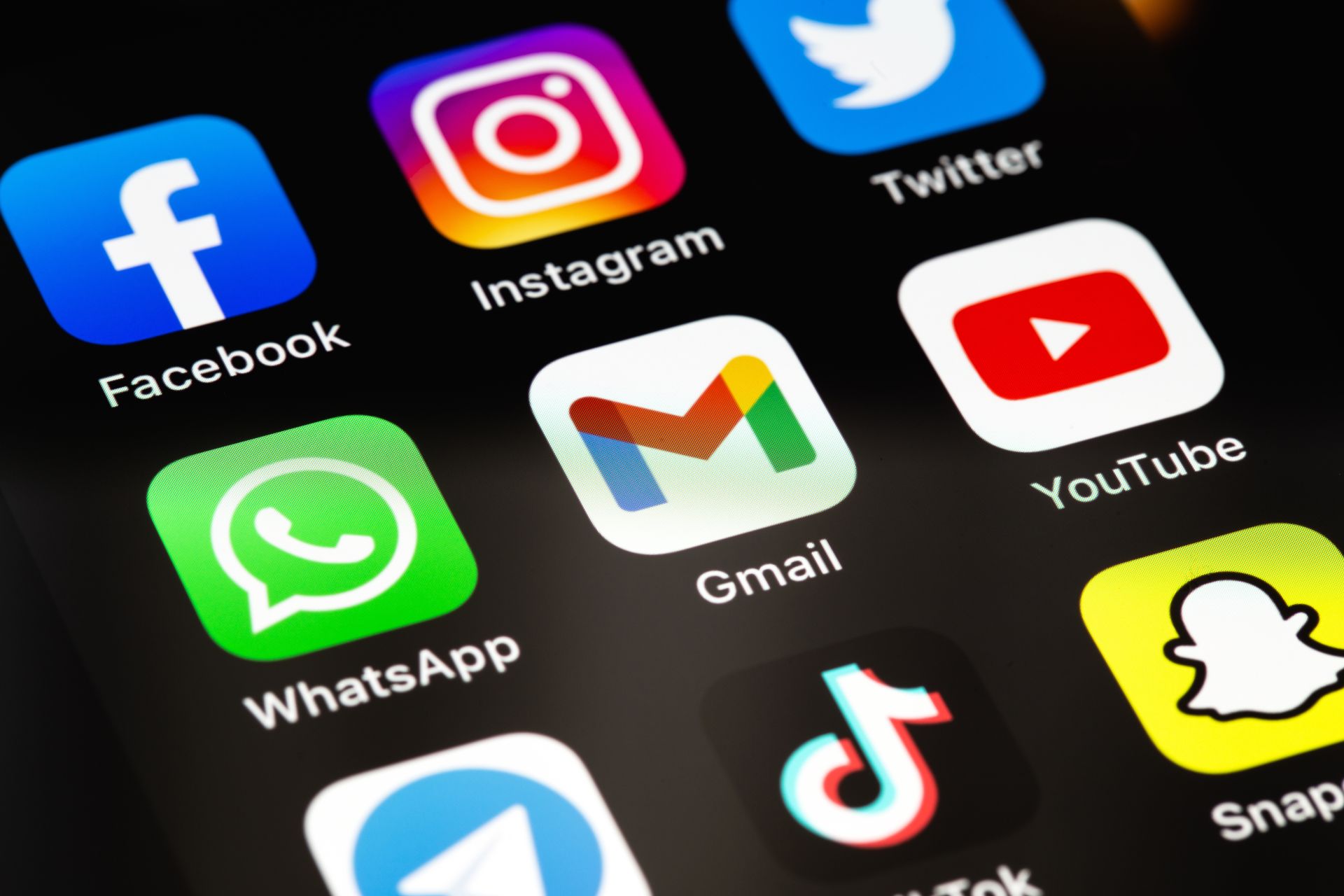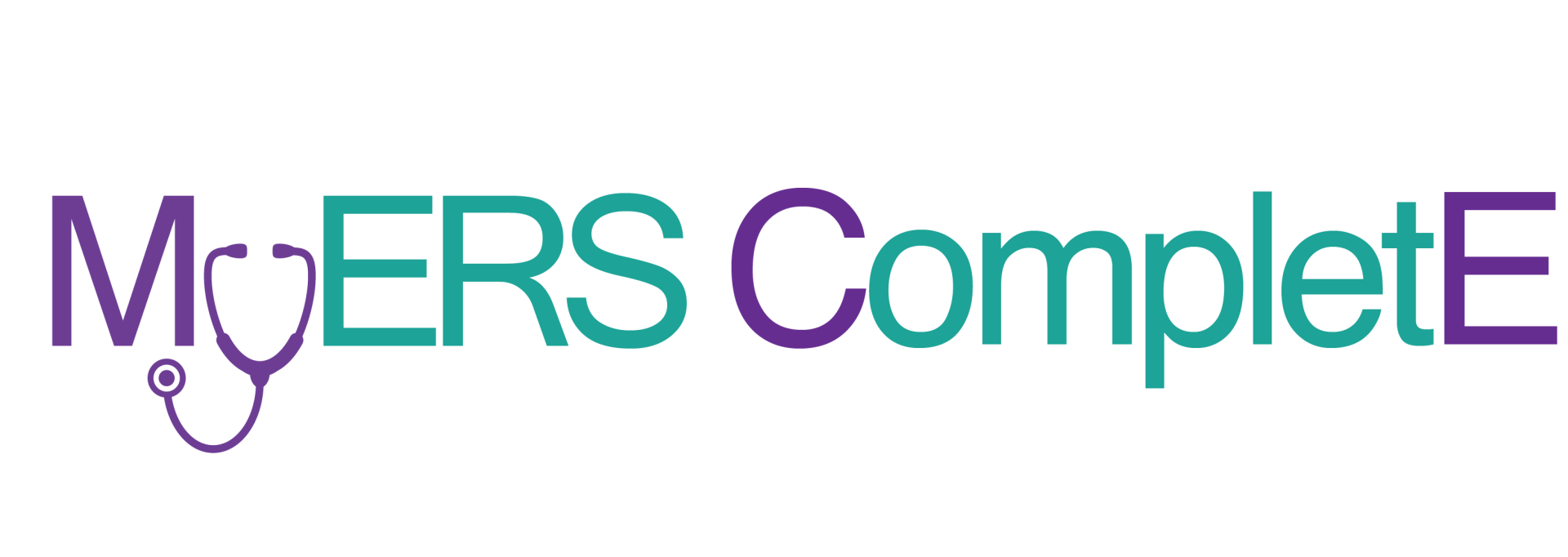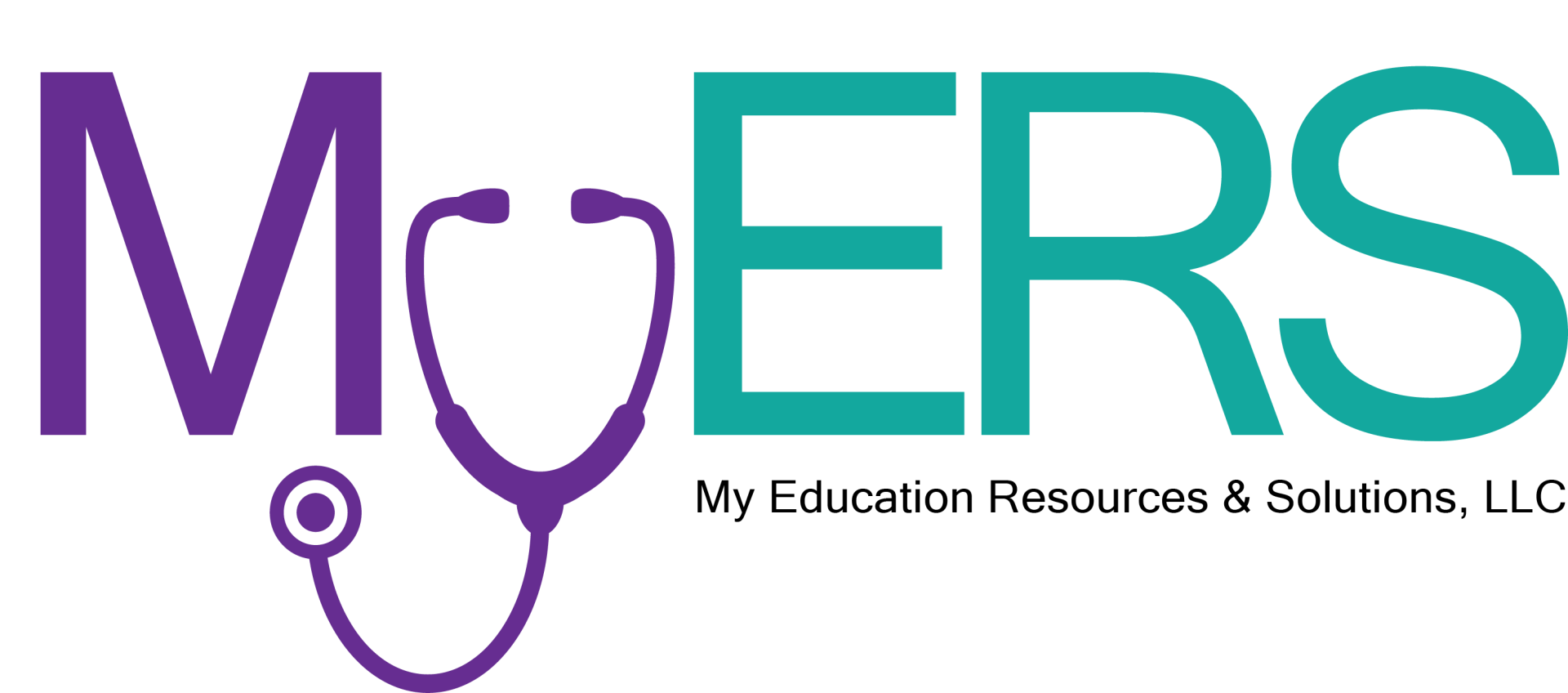Likes vs. Lives | Ethical Social Media Use in Healthcare
Feb 13

Likes vs. Lives | Ethical Social Media Use in Healthcare
Social media has become deeply embedded in society, with platforms like Facebook, Instagram, and TikTok offering connection, entertainment, and information at our fingertips. However, increased social media use has also led to detrimental outcomes for both individuals and society at large. The nursing profession - with its focus on ethical conduct and patient wellbeing - is not immune to these dangers.
Overuse of social media can negatively impact mental health, especially for adolescents and young adults. Studies show correlations between high social media use and increased anxiety, depression, loneliness, and sleep disturbances. Cyberbullying and online harassment have also become pressing issues, as social platforms make it easy to type harmful words with little forethought. These mental health consequences do not just impact social media users but have ripple effects on families, friends, and patients as well.
For nurses, social media poses additional risks regarding patient privacy and professional boundaries. With social platforms making oversharing commonplace, nurses must take care to not reveal protected patient information online or share stories/photos identifying patients. Strict adherence to HIPAA guidelines is essential, even when posting anonymously or on personal accounts. Violating patient confidentiality can result in disciplinary action or loss of license.
Social media also blurs the line between nurses' professional and personal lives. Interacting online with patients or their family members could quickly cross boundaries and undermine objectivity in the nursing role. Romantic relationships prompted via social platforms create similar ethical concerns. Nurses must set clear limits on what they share and how much personal information is available publicly.
By exacerbating mental health issues and compromising patient privacy/trust in the healthcare field, overuse of social media harms society broadly. As frontline providers, nurses have an obligation to model responsible social media use for patients and the public. Following professional guidelines, prioritizing self-care, and enabling privacy settings are small habits that can mitigate larger societal dangers. While social platforms offer connection and community, we must balance these benefits with vigilance about their risks.
Contact
-
My Education Resources and Solutions, LLC
-
PO Box 39566
Greensboro, NC 27438 -
hello@myerscomplete.com
-
(336) 988-7076
Become a member
Your gateway to advanced, cloud-based CE solutions.

